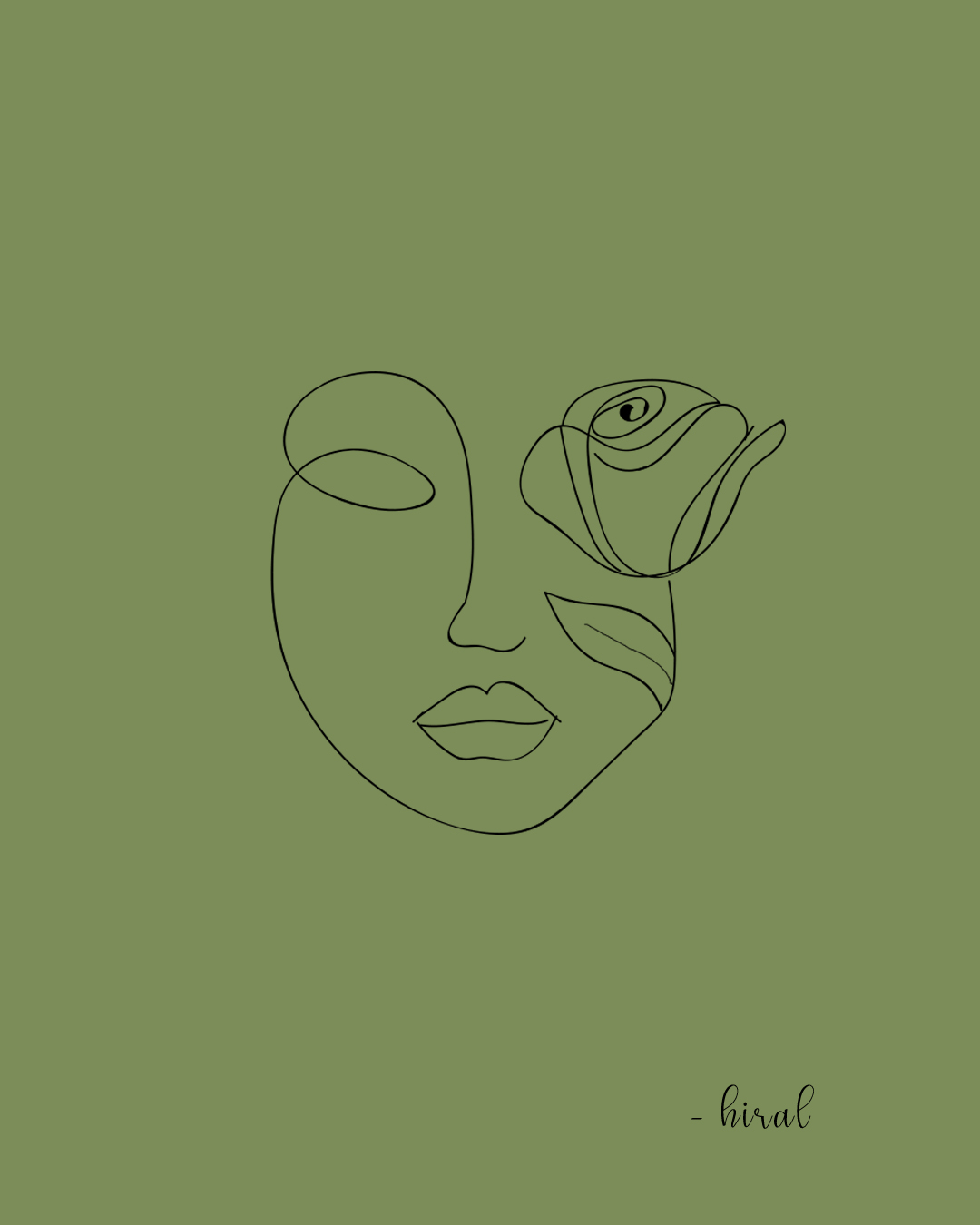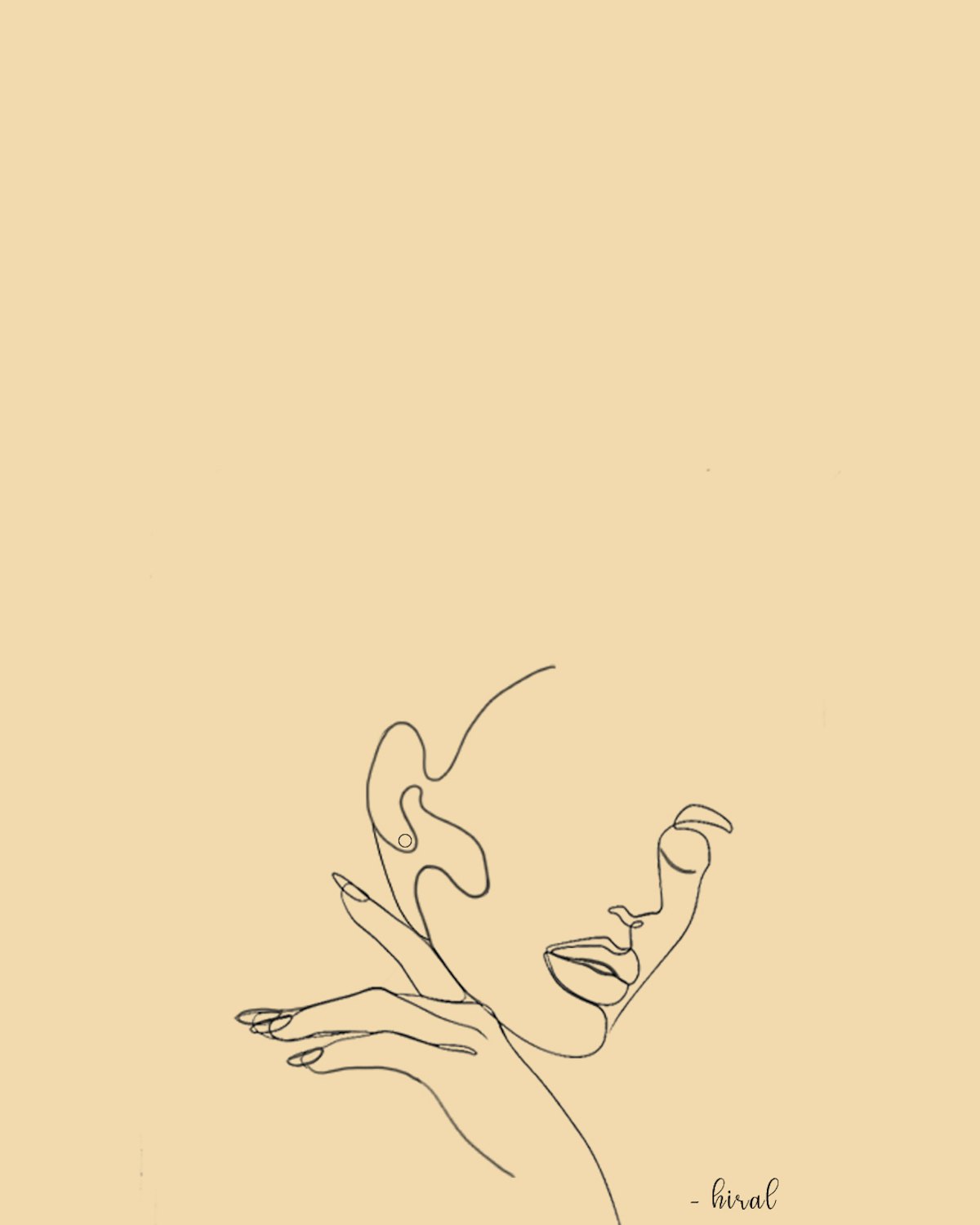“There’s not much I can do about my anxiety and depression. It’s genetic.” I hear this from clients every week, especially clients who receive 23andMe results stating that they’re predisposed to mental health disorders.
Most people think of genes as a life sentence.
I get it. Growing up, the cards weren’t stacked in my favor either. A history of mental health issues in my family tree put me statistically more at risk for anxiety and depression. If I looked at a genetics test, I would have lost hope.
Lucky for me, my mom’s doctor introduced her to an emerging field of research called Epigenetics. According to Live Science, “Epigenetics literally means ‘above’ or ‘on top of’ genetics. It refers to external modifications to DNA that turn genes ‘on’ or ‘off’.” Some genes like eye color and height are permanently “on”, but genes for physical and mental health are more malleable.
.jpg)
In some ways, we can turn unhealthy genes off and healthy genes on with our lifestyle.
If genes are the lightbulb, Epigenetics is the light switch. You might have the genes to be prone to depression and anxiety, but you can keep these genes turned “off” with daily lifestyle choices like these:
Exercise
We’ve all felt the physiological benefit of a workout, but the New York Times explained that, “Certain genes become active or quieter as a result of exercise.” This week, schedule three, 30 minute windows for moderate exercise. Your mental health will thank you, and not just because of the endorphin boost. Genes that trigger stress will turn off. Genes that regulate stress will turn on.
Diet
I love any study that encourages chocolate consumption. Polyphenols, located in foods like fruits, veggies, grape skins, and cocoa, protect our cells from stress and our minds from depression. Pick one polyphenol-rich food and add it to your grocery list! Dong so will feed the genes that support mental health.

Attention
There is more and more evidence proving that our mind impacts our biology. While we can’t always control our thoughts, we can control how much time and attention we give negative thought bubbles. Spending one hour worrying about a criticism, and one minute reflecting on a compliment, sends a message to our brain that, “Negative is more important than positive.” Attention teaches our brain what’s important.
This week, challenge yourself to pay attention to the positive.
Go to bed five minutes early to write a gratitude list. Or, set a phone alarm reminding you to spend time daydreaming about something you love. Your mental-health-supporting genes will thank you.
Community
Why do women have longer lifespans? One study linked women’s extended years to the extended time women spend with smiling babies! You don’t need to be a mother to get the mental health benefits of positive relationships. Look at your to-do list, and notice the relationships attached to each item. Which clients, colleagues, friends and family are you interacting with on the daily? Which relationships trigger stress and which spark joy? Balance the scales by adding or removing one relationship that helps or hurts your mental health. Surround yourself with people who make you feel healthier, in body, mind, and DNA.
The mental health cards might seem stacked against you, but according to the field of Epigenetics, they’re not. You can take power back from the genes that steal your peace with simple, yet scientifically proven steps. Make a commitment to take one step in each category: get a hiking buddy, make a gratitude list, download a recipe, and cook it with a friend who makes you laugh. The genes you were born with are not the genes you’re born to live with alone.
Illustrations by Hiral Patadia
